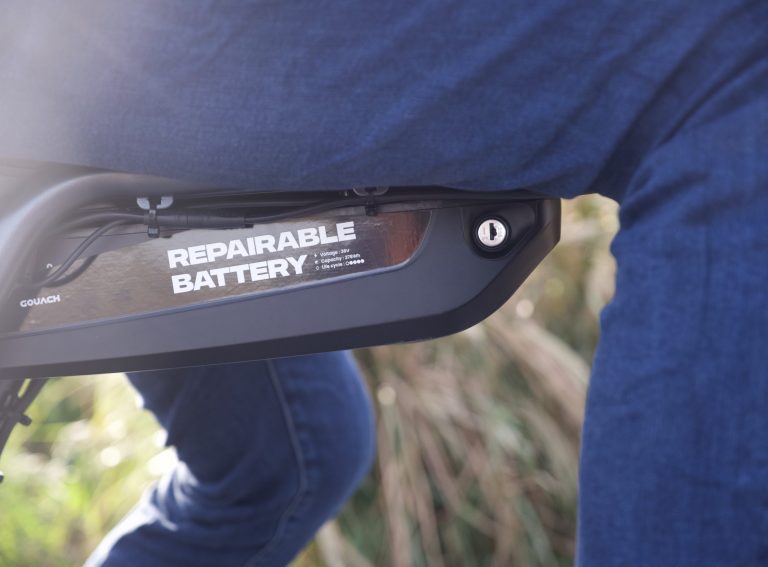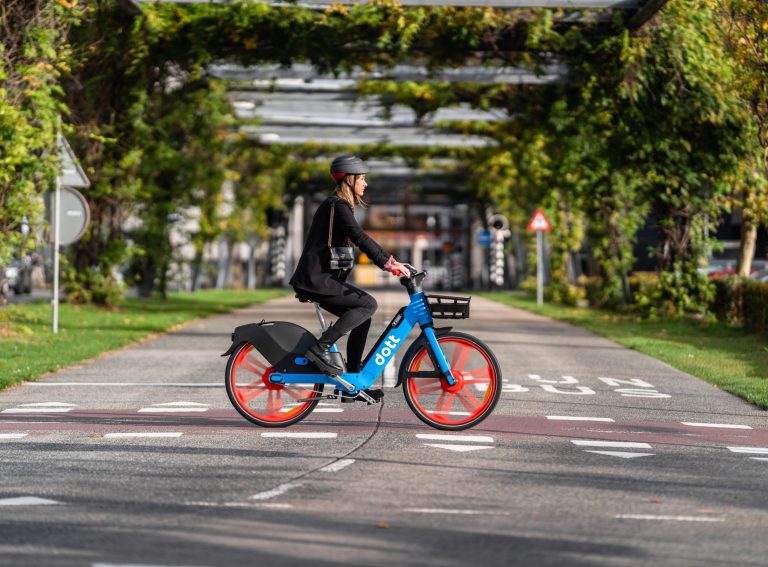The risk of shared e-scooter incidents that require medical treatment has decreased by 60% in Europe in two years, according to a new report by Micro-Mobility for Europe (MMfE).
MMfE is a members association made up of six founding shared micromobility providers – Bird, Bolt, Dott, Lime, Tier and Voi. Its aim is to transform urban mobility by creating a sustainable and safe transport ecosystem together with the cities in which they operate.
The report contains data from more than 240 million shared e-scooter trips in 29 European countries where the shared service is available.
In 2021, there were an average of 5.1 injuries per million km, varying between 1.2 and 13.4 injuries per million km ridden between 29 European countries. The result is 60% lower than in 2019.
“It’s great to see that there was a significant downward trend, especially taking into account the increase of the fleet sizes at that time and increasing number of trips,” Welmoed Neijmeijer, one of the Co-Chairs of MMfE and Head of Licensing at Bolt, told Zag Daily.
Sebastian Schlebusch, Head of Market Development at Dott who leads the initiative for MMfE, told Zag that the association aims to standardise and compare accident data for better monitoring.
“We are always confronted with headlines every time there is an accident,” he said. “And the rise of the absolute number of incidents is quite natural as it derives from the amount of trips taken. Putting this into a relative context was one of the key motivations for us to launch this initiative.”
One of the strategies is to help better distinguish between private and shared e-scooters incidents. Private e-scooter incidents have a twice as high fatality risk, according to MMfE. In the UK for instance, private e-scooters are reported to be involved in 82% of all e-scooter casualty collisions.
“Police records generally do not differentiate between shared and private e-scooters, and when there is an accident, it kind of holds us all hostage,” said Sebastian. “By overseeing these numbers and providing a bit of context, we hope to be able to help make better regulations for the industry.”
Micromobility data standardisation
Harmonising data standards on micromobility incidents is a key goal of MMfE’s.
This supports the UK Government’s efforts which recently confirmed it will introduce a new category to its data collection from 2024 to specifically measure micromobility incidents.
“We are at an early stage in this and lots of organisations are trying to achieve similar outcomes,” said Sebastian. “One of the motivations of this report is to start a discussion around data standardisation and to become a stakeholder in these discussions at an industry level.”
The association also concluded that protected bike lanes are key to mitigating incident risks and severe injuries, as well as to increasing micromobility adoption.
According to the report, the introduction of shared e-scooters increased incidents by 8.2% in cities with below-median cycling infrastructure, but not in cities with above-median infrastructure.
MMfE also recommends the acknowledgement of e-scooter riders as vulnerable road users like pedestrians and cyclists, and that authorities encourage police enforcement to educate them.




